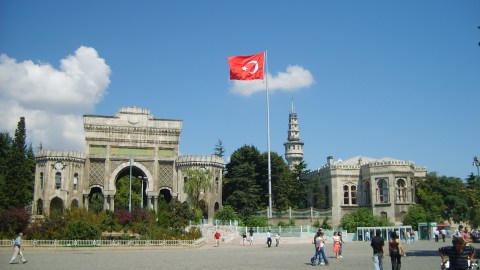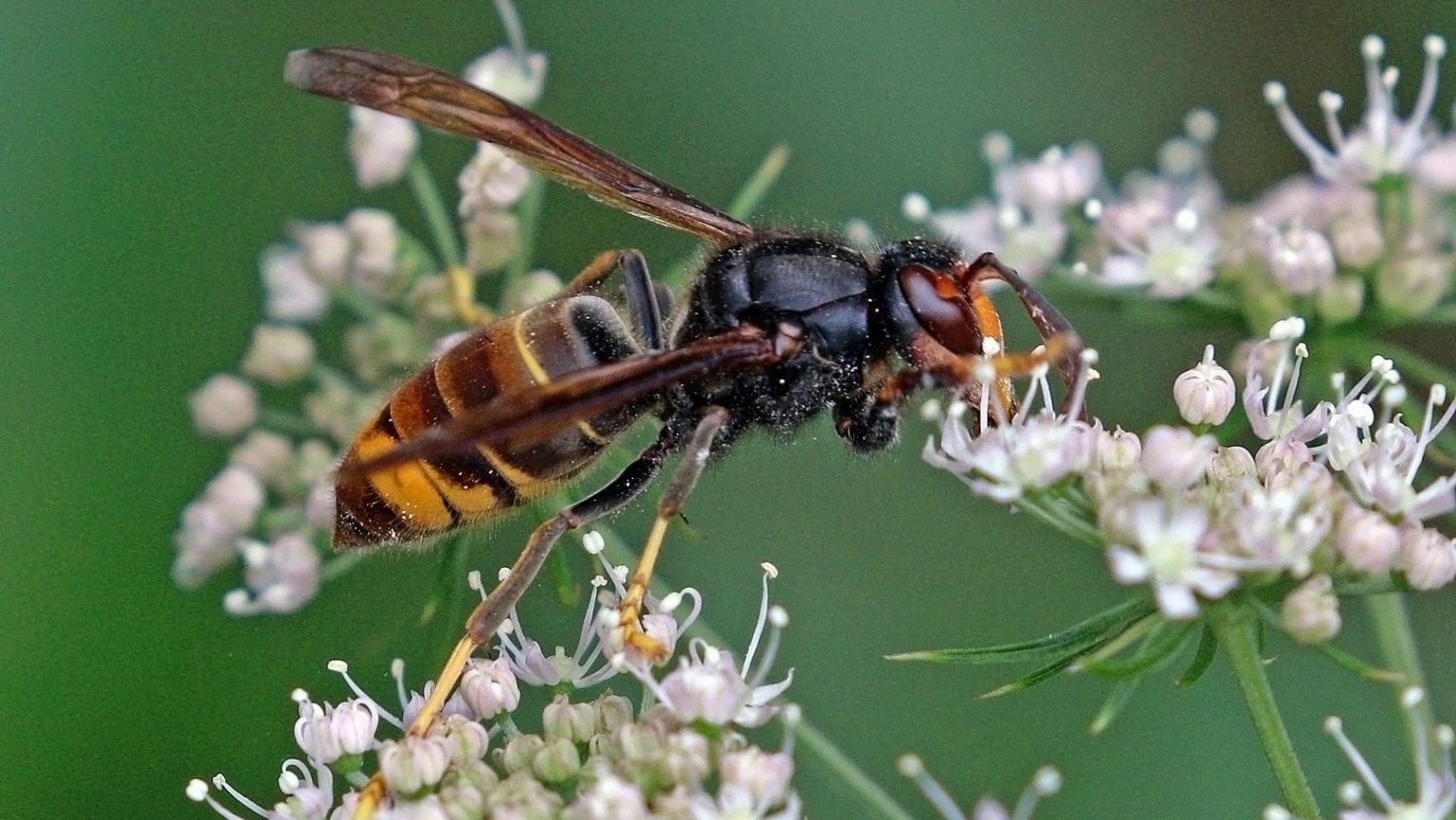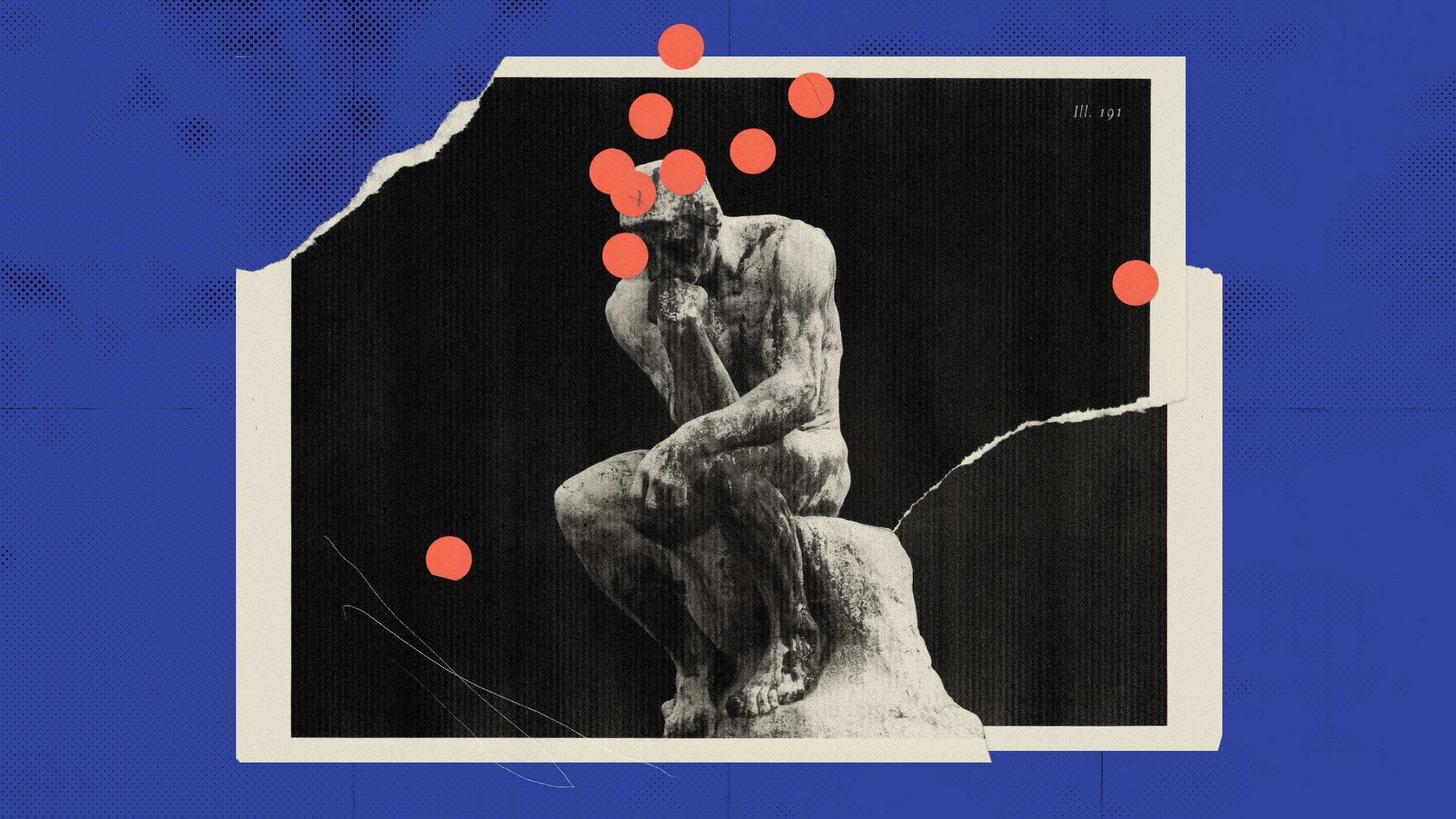Turkish scientist sentenced to 15-months in jail for publishing environmental study

- Turkish scientist, Bülent Şık, was arrested for publishing research about a public health crisis.
- His research found that local soil, food and water was directly related to a high incidence of cancer in Western Turkey.
- Şık published the results on his own after being denied the right to by the Turkish government.
Turkish food engineer and human rights activist,Bülent Şık was recently sentenced to 15 months in jail after he published a study that linked toxic pollution to a higher rate of cancer in western Turkey.
Şık was the former deputy director of the Food Safety and Agricultural Research Center at Akdeniz University. He was convicted by the government for disclosing classified information after publishing scientific research in a Turkish newspaper back in April 2018.
Following his sentencing in Istanbul, Şık’s lawyer, Can Atalay, stated, “Bülent Şık fulfilled his duty as a citizen and a scientist and he used his right to freedom of expression.”
Most scientists are legally protected throughout the world and allowed to disclose their findings. It’s especially important to protect scientists when they report about the environment or reveal other damning information.
Findings of the environmental study
Ironically enough, the study was first commissioned by Turkey’s Ministry of Health. They set out to find out if there was a connection between the toxicity of soil and the surrounding food and water supply and high rates of cancer in western Turkey.
Şık led a team of scientists for 5 years, where they eventually discovered dangerous levels of pesticides, heavy metals and a mix of polycyclic aromatic hydrocarbons in their food samples.
Residential water sources were also deemed unsafe to drink because of lead and other heavy metal pollutants. The study was completed in 2015, yet the government would not take action to disclose or discuss the findings. After sitting on this information for 3 years, Şık published the results of the study in Cumhuriyet, an opposition newspaper that’s been a recent target of the government’s media crackdown.
Şık’s brother is an opposition member of Parliament and was a former journalist at the paper.
Amnesty international’s Senior Campaigner on Turkey Milena Buyum stated:
“As a scientist, Dr Bülent Şık believed he had a duty to ensure that his research findings revealing the presence of carcinogenic pesticides and other toxins in agricultural products and water, were in the public domain…Dr Şık publicized his findings because the authorities failed to act upon them. His actions are protected under the right to freedom of expression which includes the right to freely disseminate and receive information. If found guilty and imprisoned, Amnesty International would consider him a prisoner of conscience.”
Pertaining to the case, the Ministry of Health did not argue that what Şık published was not true, but they instead assert that the information was confidential and should not have been released. Which essentially just seems to be a legal way for them to prosecute him for this offense.
The Pesticide Action Network UK also spoke out against this governmental crime:
“Dr. Şık exercised his constitutional right to free speech and constitutional duty to protect the environment when public authorities failed to warn and take precautions to protect the public. The scientific correctness of his research findings has not been invalidated by any individual or institution. It is legitimate for a scientist to release research data when there is a risk of serious damage to public and environmental health.”
Not going down without a fight
Turkish law dictates that Şık could have avoided jail entirely if he expressed public regret. He declined to do so.
His lawyer provided the statement he made to the publication Science.
“[H]iding data obtained from research prevents us from having sound discussions about the solutions. In my articles, I aimed to inform the public about this public health study, which was kept secret, and prompt the public authorities who should solve the problems to take action.”
The appeal he’s made comes with an extra set of risks, since the maximum penalty is now 12 years in prison, much more than the initial 15-month sentence he’d originally received.
This is a disconcerting trend as a number of Turkish scientists have either been fired, prosecuted or been imprisoned since the government started persecuting dissenters following a failed coup back in 2016.





